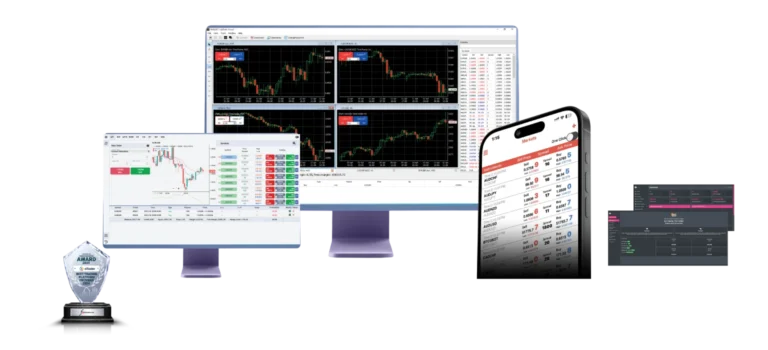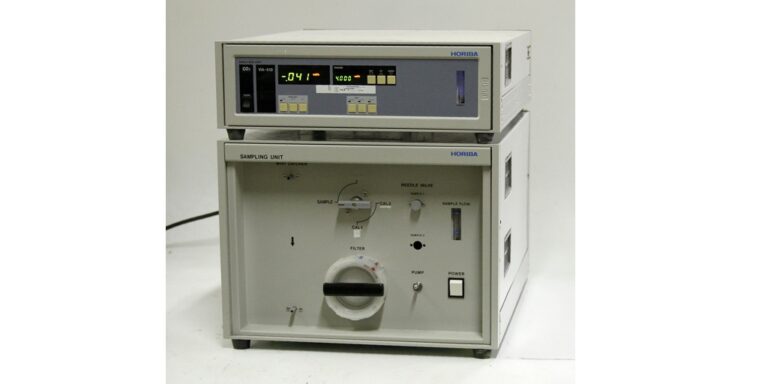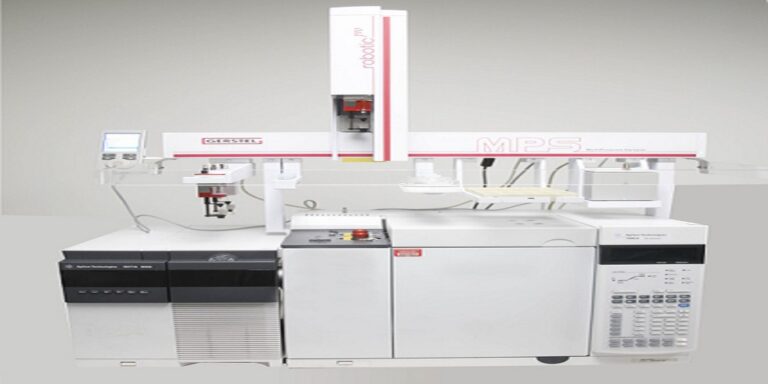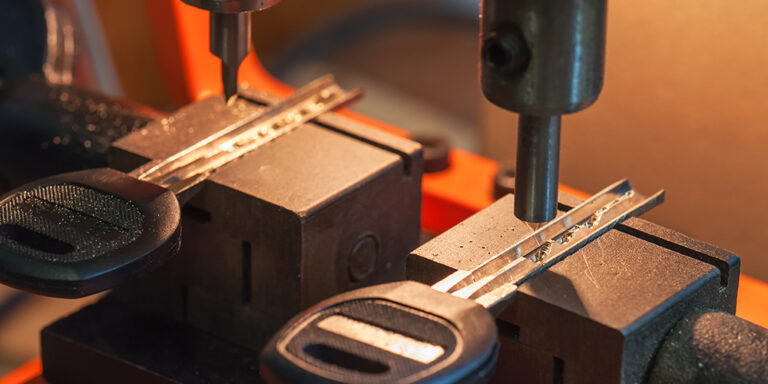For scientists, technicians, and researchers, the right biotechnology laboratory analytical instruments can make or break your work. Whether it’s analyzing DNA, RNA, or proteins, precision and accuracy are non-negotiable.
Whether you’re a seasoned pro or just starting out, your biotech lab’s success hinges on having the right instruments. We’ll break down the core components, their functions, and how they drive reliable outcomes. Stay tuned for insights.
The Role of Analytical Chemistry in Biotechnology
The biotechnology laboratory analytical instrumentation specialist is at the heart of this complex field. High-stakes biotech research demands precision, and that’s exactly what experts bring to the table when they skillfully operate and maintain the advanced instruments behind the scenes.
With experimentation comes precision – they perfect every variable, accelerating the push for medical discoveries by masterfully working with living materials.
The Critical Relationship Between Biotechnology and Analytical Chemistry
Advanced biotechnology is intricately linked with analytical chemistry. Within the realm of genetic engineering, it’s paramount to check the authenticity and quality of rDNA-created products.
From start to finish, pharmaceutical development relies on analytical chemistry to meticulously track and measure the chemical footprints of their creations – plus the bits and pieces they break down into – ensuring accurate, life-changing medications.
Mass Spectrometry in Biotechnology
Imagine being able to grasp the intricate molecular architecture of biological molecules; that’s precisely what mass spectrometry lets us do, thanks to its precision measurements.
First, you essentially bomb the sample with high-energy particles, and then sort the resulting ions based on their distinct mass-to-charge signatures. Proteins, peptides, lipids, and metabolites – the building blocks of life – can be scrutinized in remarkable detail using this cutting-edge technique.
Advantages of Mass Spectrometry:
- High sensitivity and specificity allow for the detection and identification of molecules at very low concentrations.
- Versatility in analyzing a wide range of molecular structures.
Limitations of Mass Spectrometry:
- Requires specialized equipment and skilled personnel.
- Sample preparation can be time-consuming and challenging.
- Analysis of large molecules is often complex and difficult.
- High-Performance Liquid Chromatography (HPLC)
- High-performance liquid chromatography (HPLC) is another cornerstone in the toolkit of biotechnology laboratory analytical instruments.
- Imagine a very precise molecular filtering system that bases its separations on the inherent characteristics of each molecule – that’s essentially what this technique does, providing researchers with a precise way to disentangle complex mixtures of biological molecules.
Advantages of HPLC
- High resolution and selectivity for separating complex mixtures.
- Versatility in analyzing a wide range of molecular structures.
- Limitations of HPLC
- Requires specialized equipment and skilled personnel.
- Sample preparation can be time-consuming and challenging.
- Analyzing large molecules is difficult due to their complexity.
Essential Tools for Biotechnology Research
Both mass spectrometry and HPLC are invaluable for their high precision and versatility. At the end of the day, these methods have two major weak spots. First, you need a wealth of knowledge and cutting-edge equipment to even get started. Second, coaxing meaningful data from oversized molecules is no cakewalk.
Choosing the Right Biotechnology Laboratory Analytical Instruments
For those in the field of biotechnology seeking reliable and cost-effective solutions for their experiments, HiTechTrader offers a wide range of biotech-life-science lab equipment. Their instruments are designed to meet the rigorous demands of modern research, ensuring accuracy and efficiency in every experiment.
For more information about Gas Chromatography Machine and Analytical Chemistry Equipment please visit:- Hi Tech Trader



















